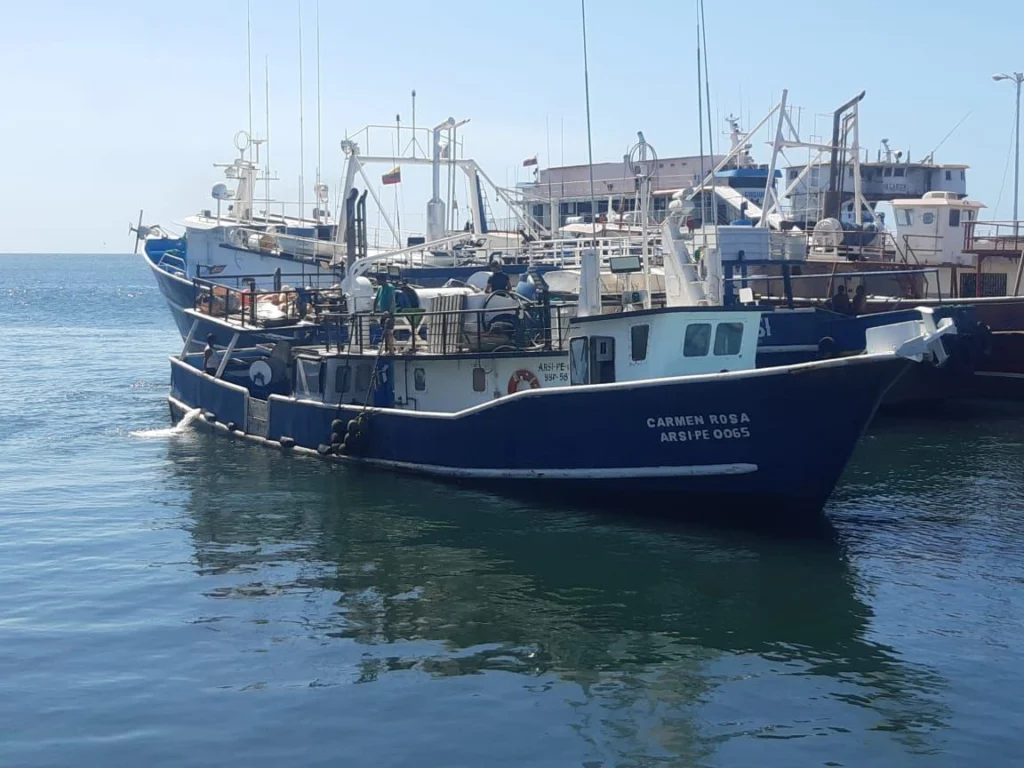Venezuela denounces illegal assault by U.S. destroyer
According to Foreign Minister Yván Gil, the warship USS Jason Dunham intercepted the vessel Carmen Rosa in Venezuela’s Exclusive Economic Zone.
The Bolivarian Republic of Venezuela denounced this Saturday that the U.S. Navy missile destroyer USS Jason Dunham illegally assaulted a Venezuelan fishing boat in the country’s jurisdictional waters, in what Caracas calls a provocation intended to generate tensions in the region.
The incident took place on Friday, 12 September, when the fishing vessel Carmen Rosa, crewed by nine tuna fishers, was sailing 48 nautical miles to the northeast of Isla La Blanquilla, inside Venezuela’s Exclusive Economic Zone (EEZ).
During a press appearance at the Venezuelan Ministry of Foreign Affairs, Foreign Minister Yván Gil detailed that heavily armed U.S. Marines boarded the fishing vessel in a “hostile and illegitimate” manner.
“Eighteen men armed with long guns” from the USS Jason Dunham (DDG-109), a cruise missile-equipped destroyer, occupied the Venezuelan fishing boat, the foreign minister said.
Venezuelan authorities released images taken by the fishermen themselves that show the moment of the boarding and the presence of the U.S. warship in waters under national jurisdiction.
According to the statement, the Bolivarian Navy maintained constant surveillance during the entire episode, confirmed the Foreign Minister. Gil emphasized that the events constitute a flagrant violation of maritime international law due to their occurrence in Venezuelan waters.
The official clarified that the Carmen Rosa is a long-line fishing vessel (a “palangrera”) authorized by the Venezuelan Ministry of Fisheries to carry out operations in the Caribbean Sea, which renders the military interception an act lacking legal justification.
Gil warned that sectors of power in Washington are seeking to provoke incidents that justify a military escalation in the Caribbean, as part of their “failed regime change policy” against Venezuela.
“They put their soldiers and officers as cannon fodder,” the foreign minister said, who compared these events to historical episodes that led to prolonged armed conflicts, such as in Vietnam.
The incident takes on particular relevance because it occurred in Venezuela’s EEZ, a maritime space where the country exercises sovereign rights over natural resources up to 200 nautical miles from its coast.
The interception of the fishing vessel in these waters constitutes, according to international law, an intrusion into Venezuelan jurisdiction that requires justification under specific treaties.
Venezuela has requested formal explanations about the episode while evaluating filing a complaint with relevant international bodies.

